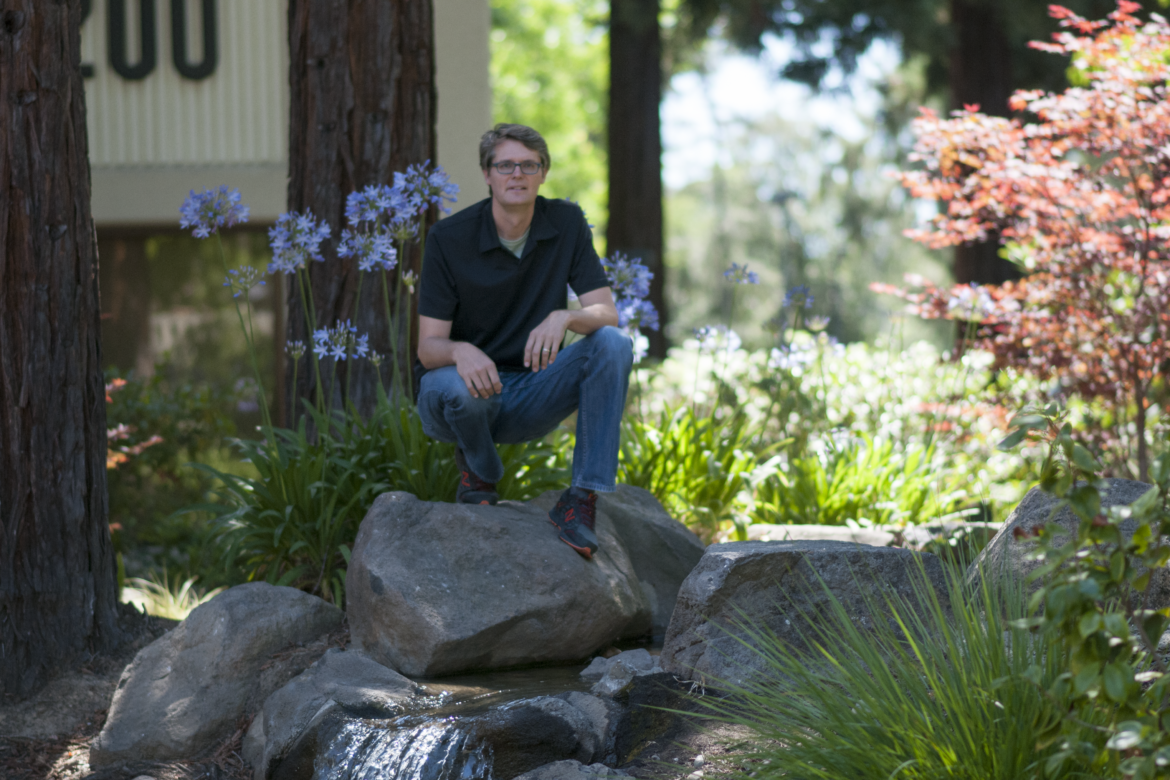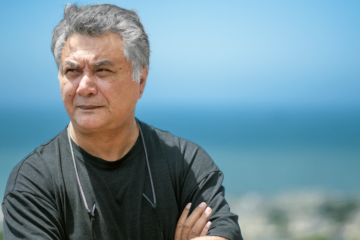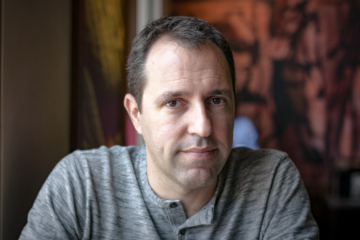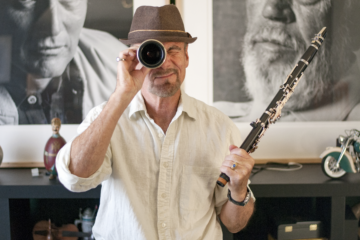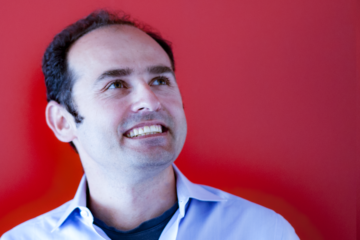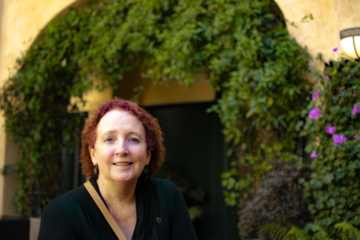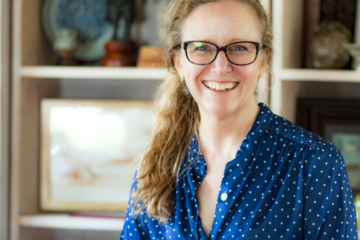Hendrik: Co-Founder and President at Vilynx
“Going through the ups and downs of starting at a new school, making new friends, and establishing a life in each new place has given me skills and an appetite for trying new things. This appetite lends itself very nicely to starting a company.”
Message to entrepreneurs: “Once you achieve your success—you’re done. So you better enjoy that journey getting there because that’s what life is really about.”
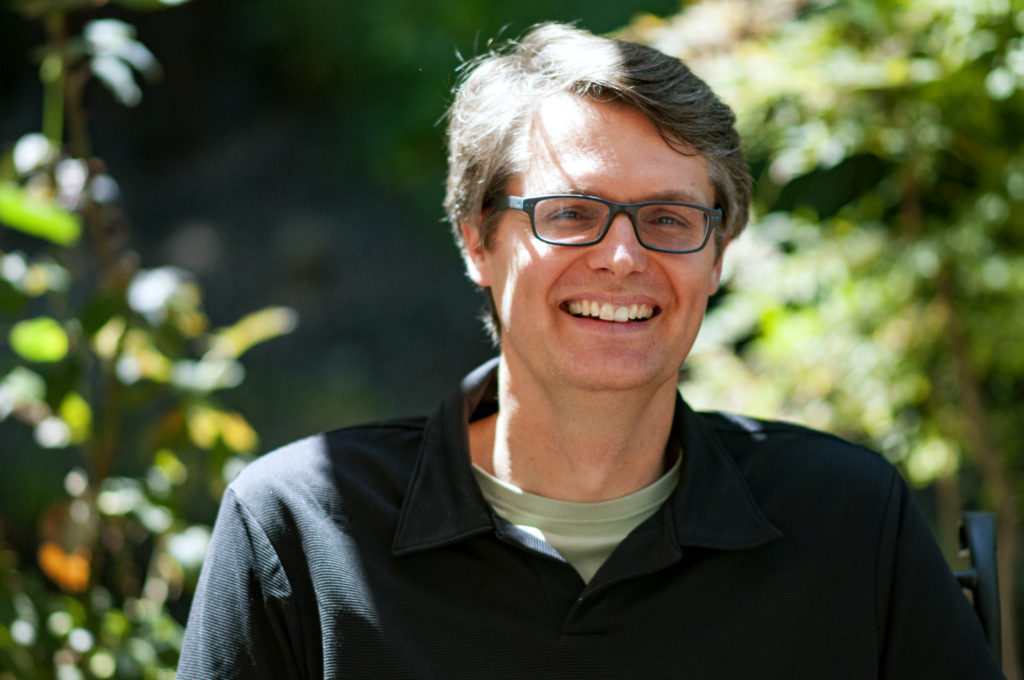
Vilynx makes what’s inside a video instantly discoverable. It is used on websites—for example, news sites—to extract five second clips for people to share on social media. Our video recommendation algorithms find the trending topics on social media, analyze videos for the scenes most relevant to those topics, and learn from audience preferences. The aim is to get people to broadcast preview clips on social media that increases the website’s exposure. As people share those clips, they amplify the website by driving click-throughs. Our targeted customers are enterprise-type, online publishers: We’re on CBS, we’re on TBS.
I’ve always had a passion for video—watching videos, making videos. I took my passion and built a venture around it. I knew that it is a challenge to publicize videos because you can’t simply use the opening clips—they may give no indication of what’s actually going on. In the past, somebody has had to watch the whole video to know what to extract. That takes time. Xylinx eliminates this need.
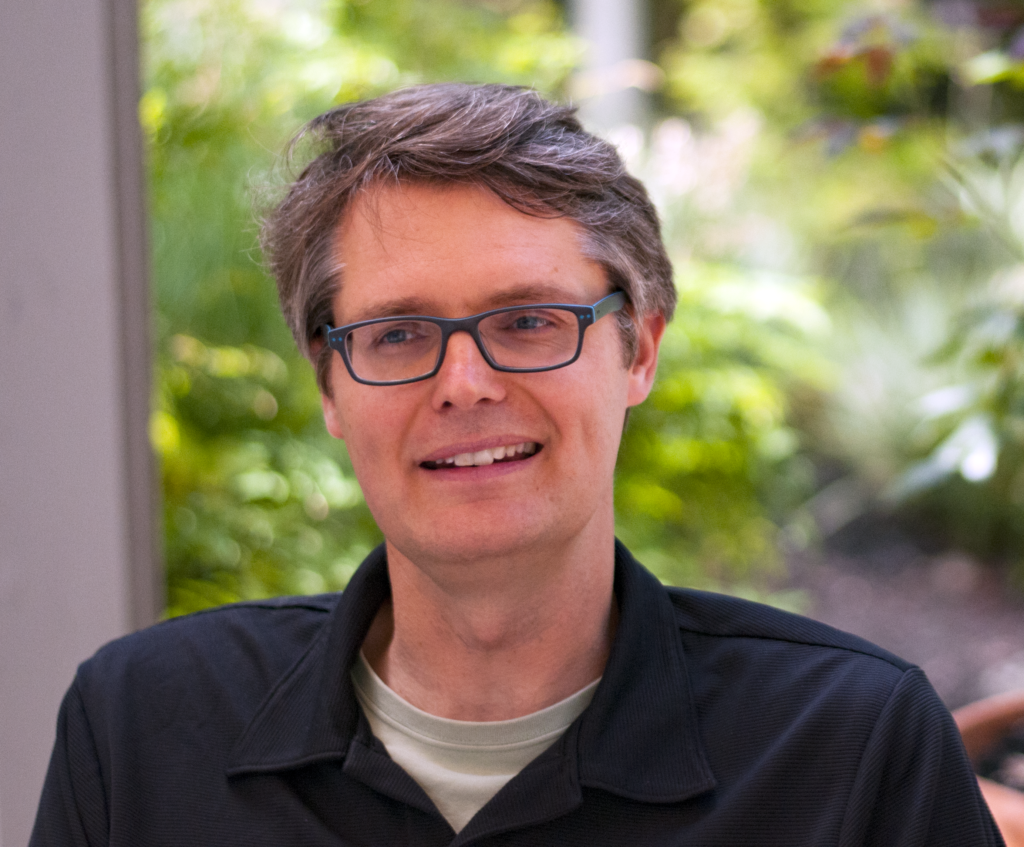
Early Life: “Starting Again and Again From the Ground Up”
My parents are Dutch. My mom was a teacher, and my dad was an engineer. We moved around a lot when I was a kid. I was born in Switzerland, moved to Germany and then to England and then to Syracuse, New York and then to Houston, Texas, where I finally finished high school.
Going through the ups and downs of starting at a new school, making new friends, and establishing a life in each new place—the process of starting again and again from the ground up—has given me skills and an appetite for trying new things. This appetite lends itself very nicely to starting a company.
Moving from country to country inclined me toward math and the sciences. Learning a new language was a challenge for me as I moved from place to place. Math is a language that anyone can understand, it’s universal. Numbers are numbers, for the most part. I’ve always had a partiality for numbers, and that led to little bits of programming, in high school. I was probably the most advanced person in terms of computer stuff at my high school. Sports were another big outlet. Playing basketball and soccer was a way to make new friends and to get along with people. These pursuits—technology, team competition—would eventually focus my energies toward high tech entrepreneurship.
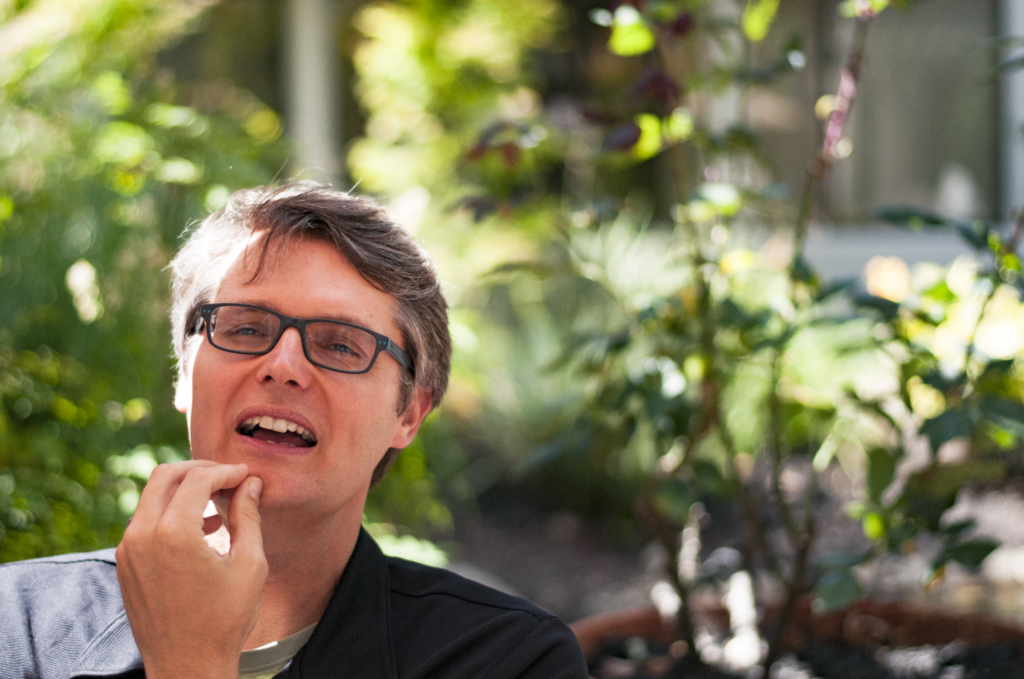
Going to College: “I Wanted to Challenge Myself”
I went to the University of Texas and studied electrical engineering. I wanted to challenge myself with a hard major in college and then figure out what I wanted to do afterwards.
While I was enrolled there, I did three study abroads and three internships. I attended the University of Texas for five years, but I spent only two and a half years, physically, in Austin, Texas. It was great traveling to different places. It’s a rush to start from nothing, with no friends, no knowledge of what a city or country is like.
My last semester was in South Africa. I wanted to be in a place where there was a big political change. It was the time when apartheid was being voted out and the ANC came to power with Mandela. Seeing that election process while studying in South Africa was amazing. And I happened to be in one of the most beautiful places in the world, Cape Town’s Stellenbosch area. But I went there not knowing anyone. My classes were in a combination of English and Afrikaans. Afrikaans is very similar to Dutch, so it was manageable for me, but I couldn’t write Dutch. I felt kind of a fear of, okay, wow, okay, why am I doing this? This is crazy … But it was a rush (laughs). At the end of the day, when you get that accomplishment, getting it done, is such a rush. It was my last semester of university, and being able to graduate, I mean, it was just like, wow, that was just over the top, in terms of adrenaline, in terms of the overall sense of accomplishment, and knowing that you put a huge hurdle in front of yourself, and knowing that you’d been able to overcome it and succeed.
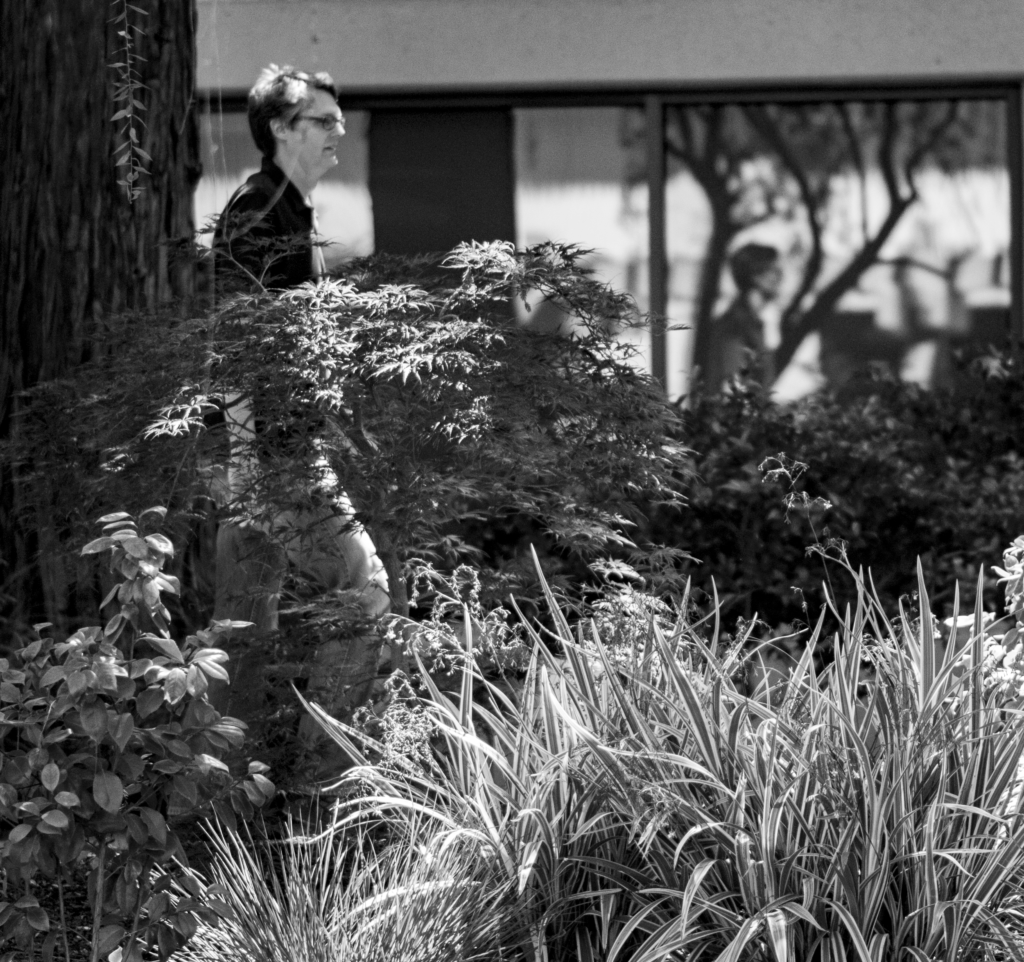
Becoming an Entrepreneur: “I Found That I Enjoyed People”
I ended up going into sales and marketing right out of school. I realized that I didn’t have the desire to be behind a computer ten hours a day doing number-oriented things, or programming, or engineering things. I found out that I actually enjoyed the social aspect of things, I liked collaborating with people to get things done.
Intel was my first employer. While working there, I started a company that was focused on group messaging. This was 1998, before WhatsApp and all of those things were out there. We ran into problems with distribution, so after a year, we shut it down. Then I joined another startup, Gigle Networks. I wasn’t the founder, but I was one of the early guys focused on marketing. That was relatively successful. It allowed me to start my current company—Vilynx—five years ago.
Vilynx is focused on video. Video is such a growth market right now. Facebook’s getting like eight billion video views a day. Snapchat is now up to ten billion video views a day. Crazy numbers. That was all the video being consumed in a whole year, by everyone, just five or six years ago. In that growing market, we have had to figure out our niche and the different types of markets that we could approach.
As we develop, we leverage new technology that wasn’t available five years ago when we started. We use this technology to help with the analytics, to make videos more viral on social media, getting linkbacks to the content so the publisher can make money. For every video that’s out there, they have to make money to produce more videos. Our customer base is split between the US and Europe. We have about twenty customers, including CBS, TBS, PBS, and Intel. We’re proud of getting these guys and working with the shows that they have—for example, the Late Show on CBS with Stephen Colbert, America’s Greatest Makers for TBS. It’s been nice seeing our technology adopted on different sites.
Vilynx currently has twelve employees, split between the Bay Area and Spain. We’ve gotten angel funding from a VC in New York. And we’ve got funding from a former general partner at Accel who had invested in Gigle. He said, “Hey, anything you guys do next, I’m with you,” and he ended up putting in money privately, as an angel investor. And just last month we got new investment from a Spanish VC.
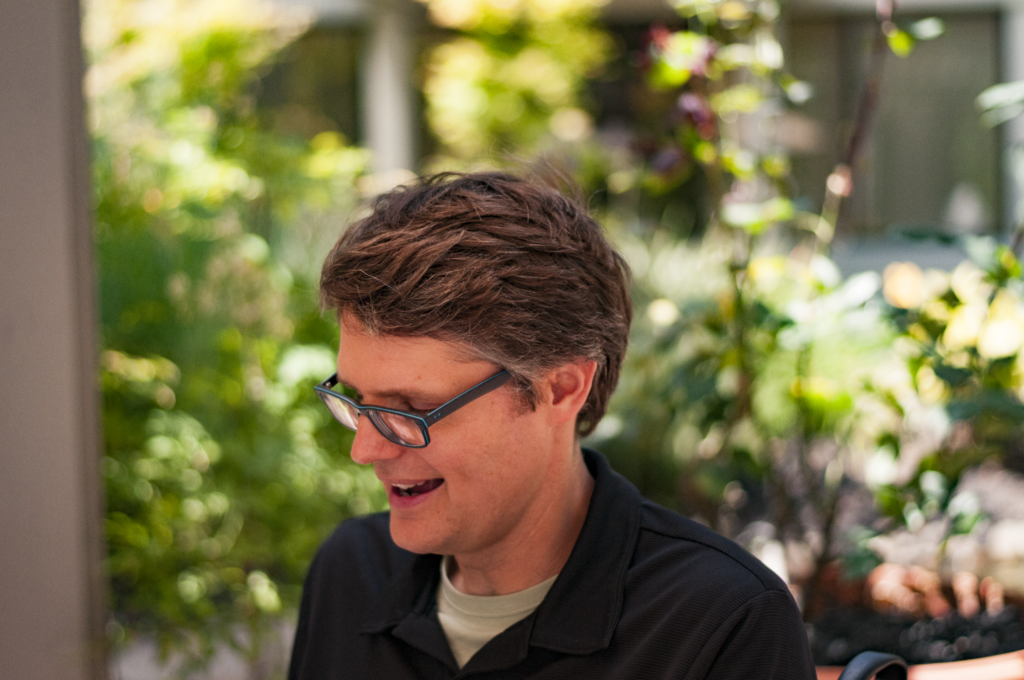
Family, Friends, and Work: “We Bring Our Families Together”
Startups take up a lot of time. There are definitely times where you are separated from your family because you’re working hard, getting things done, traveling. I think any job in the Bay Area is tough, regardless of whether you work for a startup or a big company. I actually did more travel when I worked at a big company than I do now. My startup hasn’t distanced me from my kids because, luckily, I’m doing something that my kids love. They enjoy talking about what we’re doing. It’s fun being able to bring them into it a little bit. And on the weekends, I focus on the family, for example, driving my son to sporting events.
We’ve made a conscious decision at the startup to make sure that people don’t feel that they can’t have a family life. It’s a small startup, so we can bring the families together, we do dinners a lot, we get together for events. I started the company with people I knew, people who were good friends. If you start a company by yourself, it’s a lonely road. But if you do it with friends, and you’ve got an openness, then you get a lot of stuff done. Maybe it doesn’t go as fast as you want it sometimes, because you do have to deal with conflicting opinions and ideas, but it gets done the right way. We’ve gone through ups and downs, but we’re still good friends. There were times when it was lonely in the very beginning, because we had people in different geographies, like the CEO used to be in Spain. I’m the president, and I was here in the States. We had another person in Taiwan, and so it was a bit lonely. But at that point, I was working at home, and so I had my home life to help supplement that.
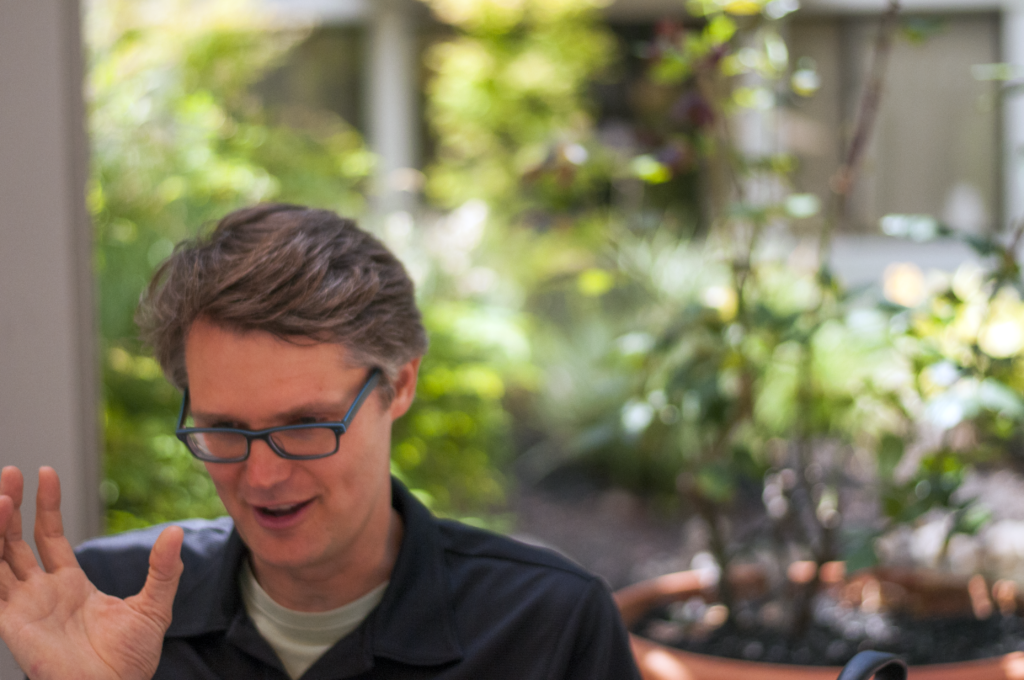
Startup Tips
Some people go into a startup thinking they know the market, they think they know everything. But sometimes it is beneficial not to have all that baggage of “oh yeah, you can’t do that because of this …” It can be a good thing to go fresh into an industry. It can be a rough road to figure out the right products, but then you figure out ways to make it happen. People should embrace that “You don’t know what you don’t know.” You’re gonna make mistakes in front of potential customers, potential investors, but, you keep going. It’s all about perseverance.
I started Vilynx five years ago when I was forty. I started later in life, so I’d like to think I knew some stuff, but I quickly realized that there is so much I don’t know. Part of what I’ve learned is that, in a lot of cases, people don’t always have to love the idea, but they have to love the team that’s doing it. The ability for them to think that, hey, this team can accomplish big things, even though maybe their initial idea is not that great. That’s kind of what we’ve had with our investors. They knew that we had the perseverance, as well as the desire to just keep moving this thing forward.
The other key thing I’ve learned as a startup guy is that you don’t always have to have the product one hundred percent to launch. Before I started, I really wanted to have a solid product, but it’s good to just get it out there. Sometimes it’s a good product, sometimes it’s not. But people will give you feedback, and give you the benefit of the doubt that this may not be a hundred percent working product now, but that hey, your team can get there, and develop it. You don’t necessarily need that great working product right out the door. You just need to get something into people’s hands so they can test it and give you feedback. If you’re just talking about ideas, then it makes it hard for people to give you feedback.
Keep in mind that the market may need to mature for people to see the potential in your product. You talk to someone, they give you two or three different ideas—you must be smart about figuring out which ideas will matter, now and in the future.
At the end of the day, it’s a lot of trial and error.
Life Lessons
Enjoy the journey. If you really hate what you’re doing, find the thing that you really do want to do. Enjoy that arduous journey to whatever your endpoints are.
Don’t give up. You’re going to go through your ups and downs—life has good parts and bad parts. Regard adversity as a learning experience. Life always gets better.
Once you get there—once you achieve your success—you’re done. So you better enjoy that journey getting there because that’s what life is really about.
